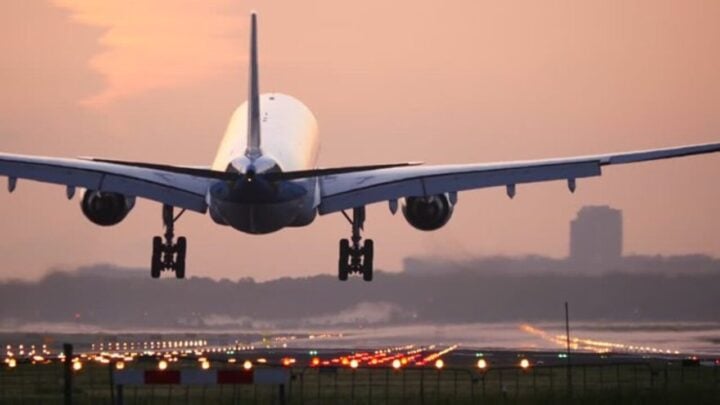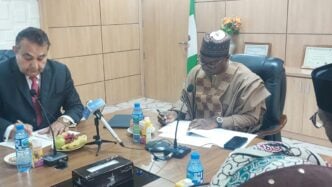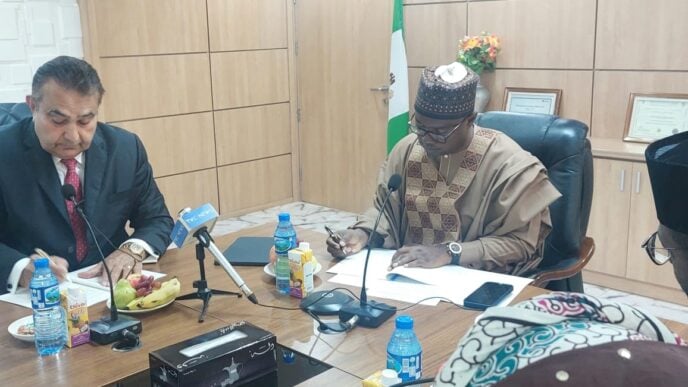The Federal Airports Authority of Nigeria (FAAN) says the aviation sector now contributes $1.7 billion to Nigeria’s gross domestic product (GDP).
According to NAN, Olubunmi Kuku, managing director of FAAN, spoke on Friday at a book launch, titled, ‘100 Years of Civil Aviation in Nigeria’, authored by Wole Shadare, in Lagos.
She said the milestone was achieved due to private sector involvement in the aviation industry.
“Our national carrier, Nigeria Airways, emerged as a response, yet it soon faced challenges from mismanagement and operational inefficiencies. By the early 2000s, we found ourselves at a crossroad – adapt or risk obsolescence,” Kuku said.
Advertisement
“This juncture precipitated a remarkable transformation. The private sector took the initiative, introducing fresh capital, contemporary management practices, and a competitive spirit.”
The FAAN MD said companies such as Air Peace and Arik Air filled the void and revolutionised the aviation landscape.
“The current figures sum up this transformation: 39 certified airline operators, 31 airports nationwide, over 2,100 licensed pilots, a workforce comprising thousands, ranging from engineers to air traffic controllers,” Kuku added.
Advertisement
“Nigeria has emerged as a testament to the efficacy of market-driven solutions. Our aviation sector now contributes approximately $1.7 billion to our GDP.
“Private airlines are connecting our cities with unprecedented efficiency, and international carriers increasingly regard Nigeria as a critical market.”
Kuku said over 16 million passengers traversed Nigeria’s domestic terminals, while international passenger numbers exceeded 3.5 million.
She described the figures as impressive, highlighting the potential for substantial growth.
Advertisement
“While challenges persist, infrastructure deficiencies, regulatory frameworks, and financing requirements; these should be perceived not as obstacles, but rather as opportunities,” the FAAN boss said.
“Each challenge facing our aviation sector represents a potential investment awaiting realisation.
“The forthcoming chapter of Nigerian aviation will be authored by those who recognise that our skies are not merely thoroughfares for aircraft. They are highways to prosperity.”
Kuku said the inquiry is not about whether to invest in Nigeria’s aviation sector but how to engage in its transformative journey.
Advertisement
Speaking on the book, she said Shadare provided a perspective on how far the sector had advanced and examined the flight path ahead.
‘FG TO DEMOLISH, REBUILD OLD MMIA’
Advertisement
On his part, Festus Keyamo, minister of aviation and aerospace development, said the federal government is prioritising support and growth of domestic airlines.
Keyamo said the federal government had stopped funding the idea of a national carrier.
Advertisement
He also said the government focused on implementing policies that would enable local operators to thrive and compete with their international counterparts.
The minister said the revised insurance regulations on leased aircraft, among other policies, have enabled airlines to access aircraft, thereby reducing airfares in the country.
Advertisement
“We have shifted focus to ensure growth and development for local operators through our policies,” Keyamo said.
The minister also said the old Murtala Muhammed International Airport (MMIA) terminal would be pulled down and a new one built.










